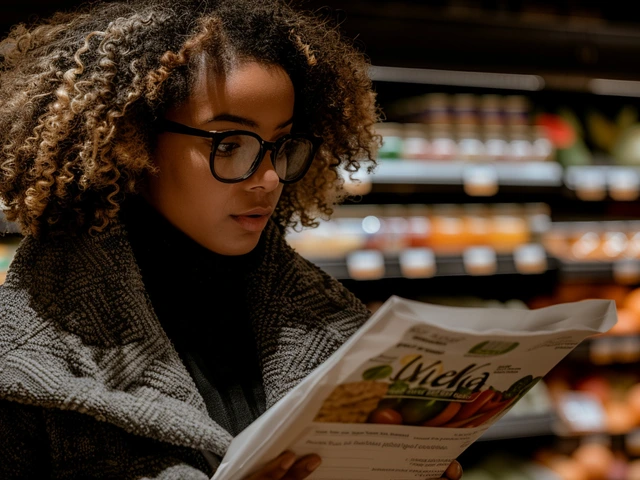Empathy: How to Understand Others and Connect Better
Empathy helps you connect, reduce conflict, and feel closer to others. It’s not sympathy or fixing—it's about understanding feelings and showing you care. You can get better at it with tiny, practical shifts every day.
First, pay attention. When someone talks, put your phone down, watch their face, and listen to tone. People reveal more in pauses and breath than in words. Don’t plan your reply while they speak. Let silence happen for a second or two before you respond.
Next, name what you notice. Say something like, “You seem really frustrated,” or “That sounds exciting.” Naming feelings shows you’re tuned in and often helps the other person clarify their own emotions. Keep labels simple and neutral—avoid judging.
Ask one good question. Open questions invite sharing: “What was that like for you?” or “How did that feel?” Follow their lead. If they want details, they’ll add them. If they close up, respect that and check back later.
Use body language that matches your words. Nod, keep an open posture, and maintain a relaxed tone. Small gestures matter: turning your body toward them or keeping eye contact shows you’re present.
Practical Habits to Build Empathy
Practice short daily exercises. Try a 2-minute check-in with someone—ask how they are and actually listen. Read fiction or watch character-driven shows with attention to motives; researchers find stories help you imagine other minds. Volunteer or help in small ways; real exposure to different lives grows understanding faster than theory.
Notice your assumptions. When you catch a quick judgment, pause and ask, “Do I know this for sure?” Replace a story in your head with curiosity: “I wonder what led them to do that.” This switch reduces snap reactions and opens space for connection.
What to Say and What to Avoid
Say simple, honest things: “That sounds hard,” or “I hear you.” If you don’t understand, admit it: “I’m not sure I get this—can you tell me more?” Avoid clichés like “Everything will be fine” or offering instant solutions unless the person asks. Fixing often shuts down emotion.
If someone is upset, validate first, then offer help. Validation might be, “I can see why you’re upset.” Then ask, “Do you want advice or just a listener?” That question respects their needs and keeps you from overstepping.
Use empathy for yourself too. Notice your feelings and treat them like you would a friend’s. Self-empathy reduces burn-out and makes it easier to be present for others.
Small consistent changes beat one big effort. Try these habits for a week and see what shifts. You’ll likely find fewer fights, clearer talks, and a closer sense of trust with people who matter.
Try a quick empathy script today: observe, name, ask. For example: “You look drained—did work feel rough today?” Wait. If they say yes, reply: “That makes sense. Want to talk or would you prefer space?” Practicing short scripts lowers awkwardness and trains your brain to respond with care. Small scripts build steady change. Keep practicing every single day.
Mindfulness in Relationships: Simple Steps to Improve Connection
This article explores how being mindful can make your relationships stronger and healthier. You'll learn why paying close attention to your partner, friends, or family can help you handle conflict, build trust, and create real understanding. The article shares practical tips and everyday strategies anyone can use to be more present when talking or listening. It covers what mindfulness means in the context of relationships and offers ways to practice it together. If you want to feel closer to the people you care about, you'll find useful advice you can start using right away.
View More





